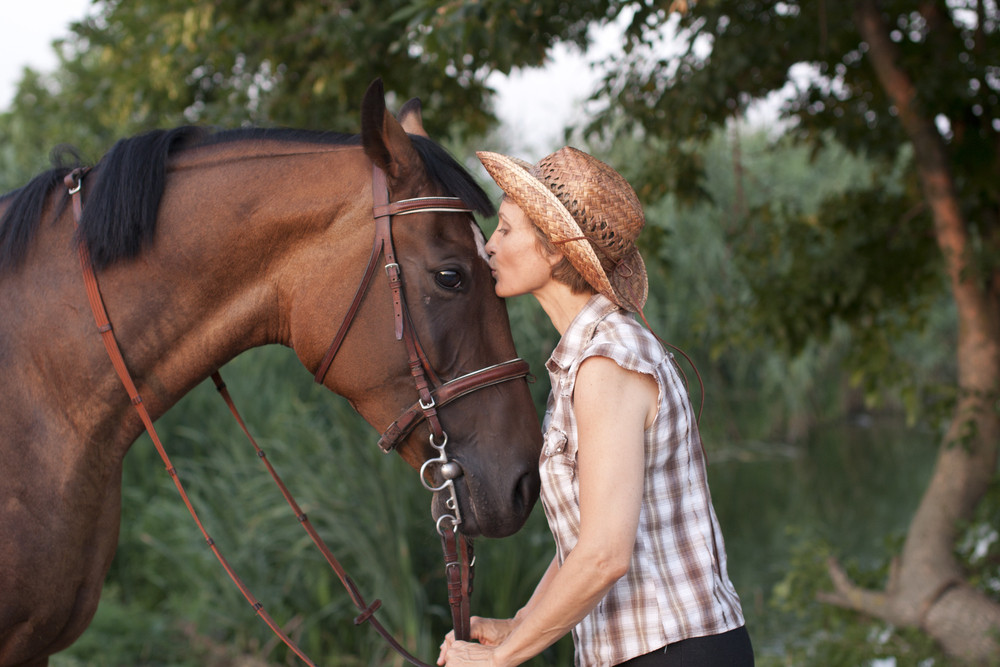
Many domesticated animals and pets have a long history with humanity, such as oxen, horses, dogs, and cats, and such animals receive their fair share of medical attention so that they can stay healthy and remain useful to the people who domesticated them. In fact, some veterinarians specialize in horses in particular, or horse doctors. After all, horses have long since been essential beasts of burden, whether for pulling plows or wagons, racing, or (in the past) war mounts. Today, horses are mainly bred and kept as race horses, leisurely riding mounts, or just as a hobby, and this means that plenty of medical procedures and therapeutic items for such animals are available today for their owners to buy for them. A horse fleece blanket, for example, may be a useful layer of insulation against the cold of winter, and a horse fleece blanket may be put onto a horse after it got wet from riding around in damp conditions, helping the animal maintain a safe internal temperature while also drying it off (depending on the model). Dogs, too, may have therapeutic items for when they suffer such conditions as a broken leg, a sprained ankle, or arthritis.
Care for Horses
Equine care can include a horse fleece blanket, and any horse owner on a ranch or farm may also invest in other items for their horse’s needs, depending on its ailment and age. Horses are plenty popular today, even though a lot of their historical work has been replaced by machines such as tractors and jeeps (farming and military mounts respectively). Today, around seven million people ride horses, and horses are very popular for racing and leisurely riding alike, not to mention taking them to horse shows at fairs and carnivals, and they are often bred as a hobby and allowed to roam in a large enclosure or open fields. Nearly 400 domestic horse breeds exist today, and they may vary in size and special needs.
There are some ways to diagnose a problem with a horse. The animal’s posture is often a clear warning sign; if injured a horse’s posture will suddenly change, and it may shift its weight from side to side or it may refuse to bear weight, such as a rider. Chronic stress or injury in a horse may result in a bowed tendon, which may need eight to 11 months to properly heal. Other warning signs may include strange discharge from the eyes or nose, refusing to eat, problems with its hairs, or any other strange physical symptom or change in behavior. Some horse owners may have the expertise to diagnose a horse’s problem and take care of it themselves, while others may need to call in a horse doctor to look over the animal in person.
What can be done for a horse? A horse fleece blanket is a great choice for a horse recovering from illness or injury when it needs to stay warm, and a horse fleece blanket may also help it stray dry longer. A back and knee brace may be needed if the horse has sprained or pulled muscles, and horse neck covers may be needed if it is recovering from a wound on its neck or recovering from a spinal injury. Wraps for horses and other therapy products for horses may be acquired as the doctor recommends, and such items may be acquired from that doctor or online retailers.
Other Pets
Domestic, everyday pets sometimes suffer similar physical ailments as their human owners, ranging from arthritis in older dogs and cats all the way to needing a splint or wraps for a fractured or broken bone, or spinal issues or sprained muscles anywhere on the body. Dogs and cats may need a special therapeutic bed to lay on or ankle or leg wraps or braces as needed, or even wraps or braces for the spine or neck, as the veterinarian recommends. Cats and dogs may suffer cuts or bites from other pets or wild animals, and while recovering and closing wounds, these pets may need wraps and specialized beds to help them heal these wounds faster. A dog or cat suffering arthritis, a cut, a sprained ankle, or anything else should be taken to the nearest vet’s office right away.
